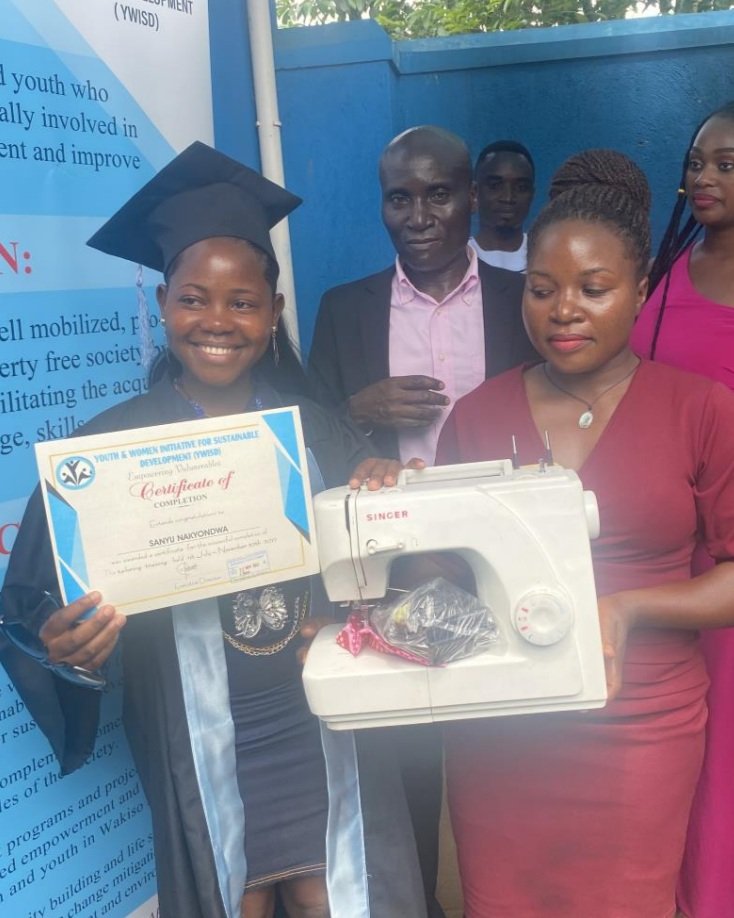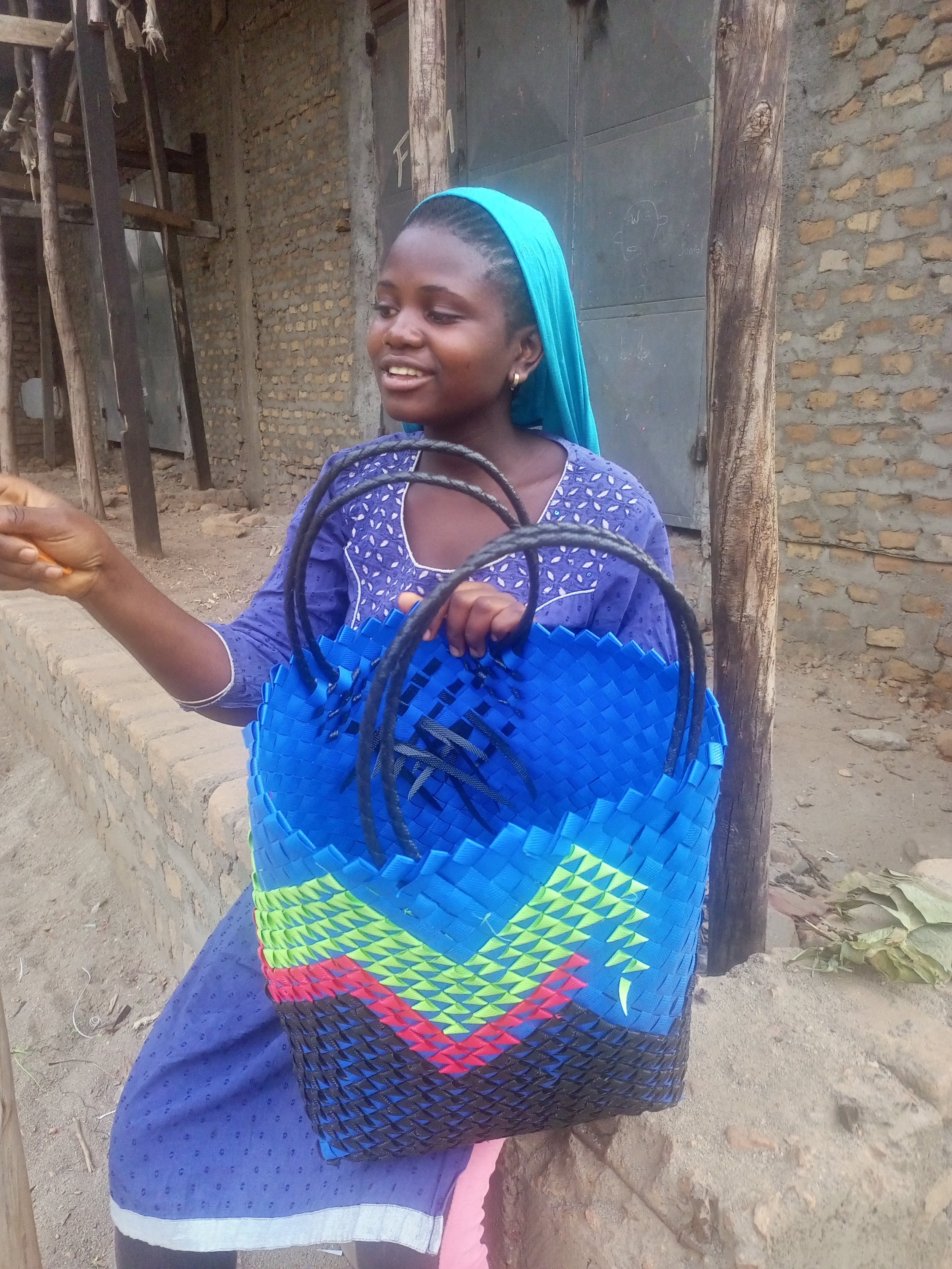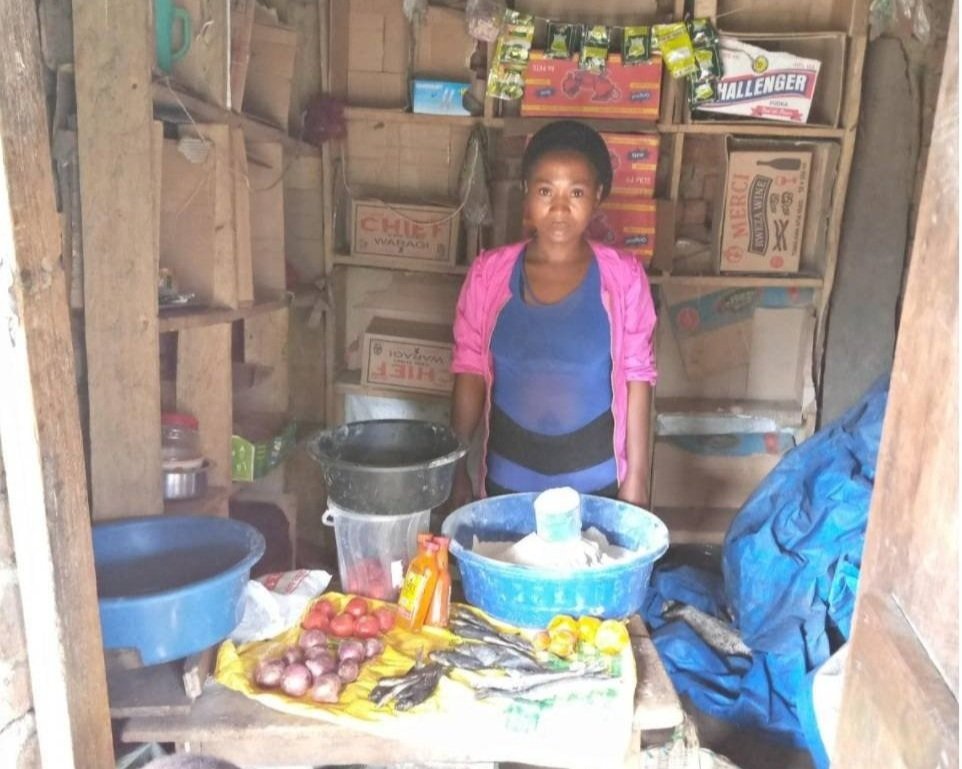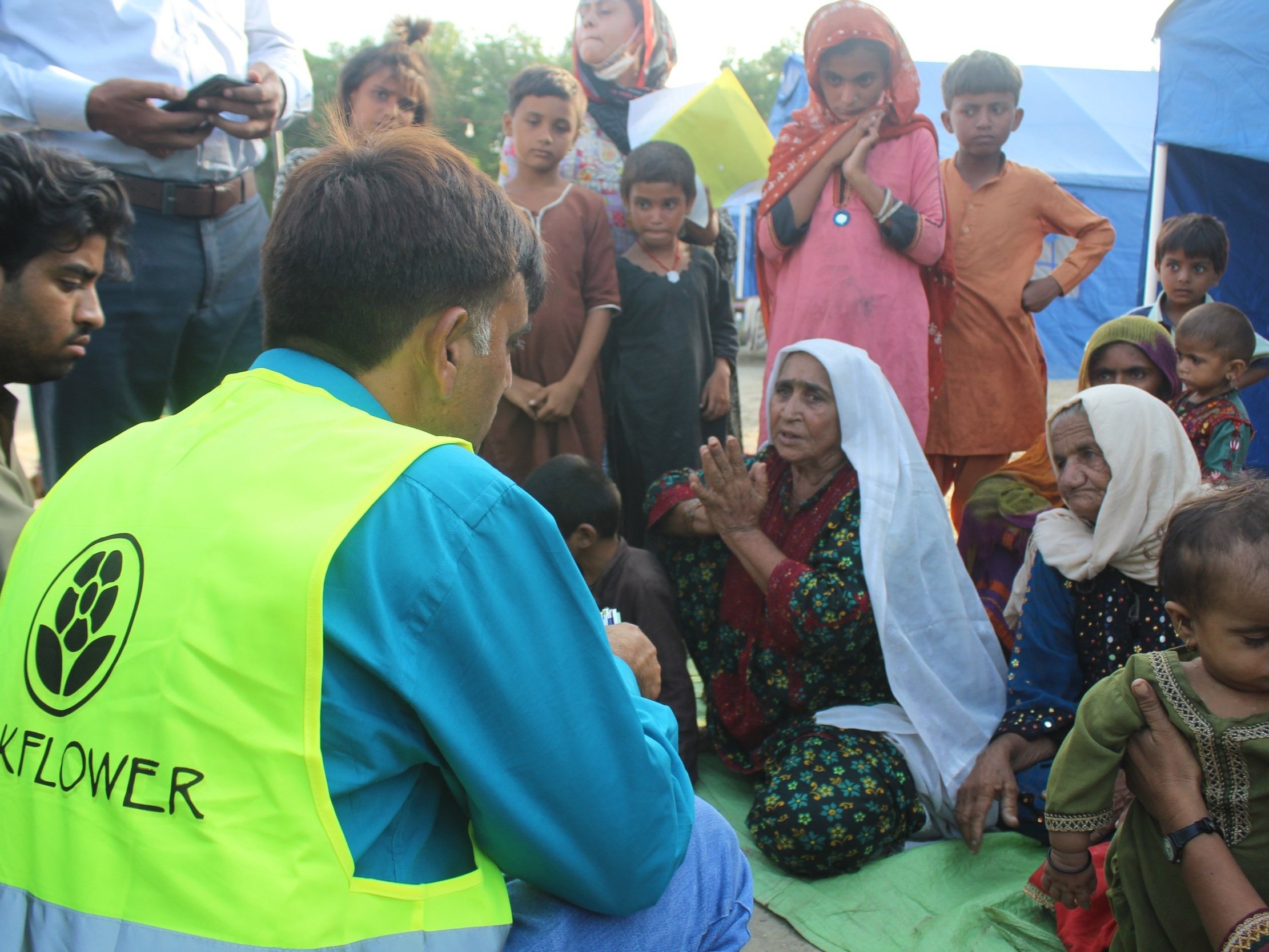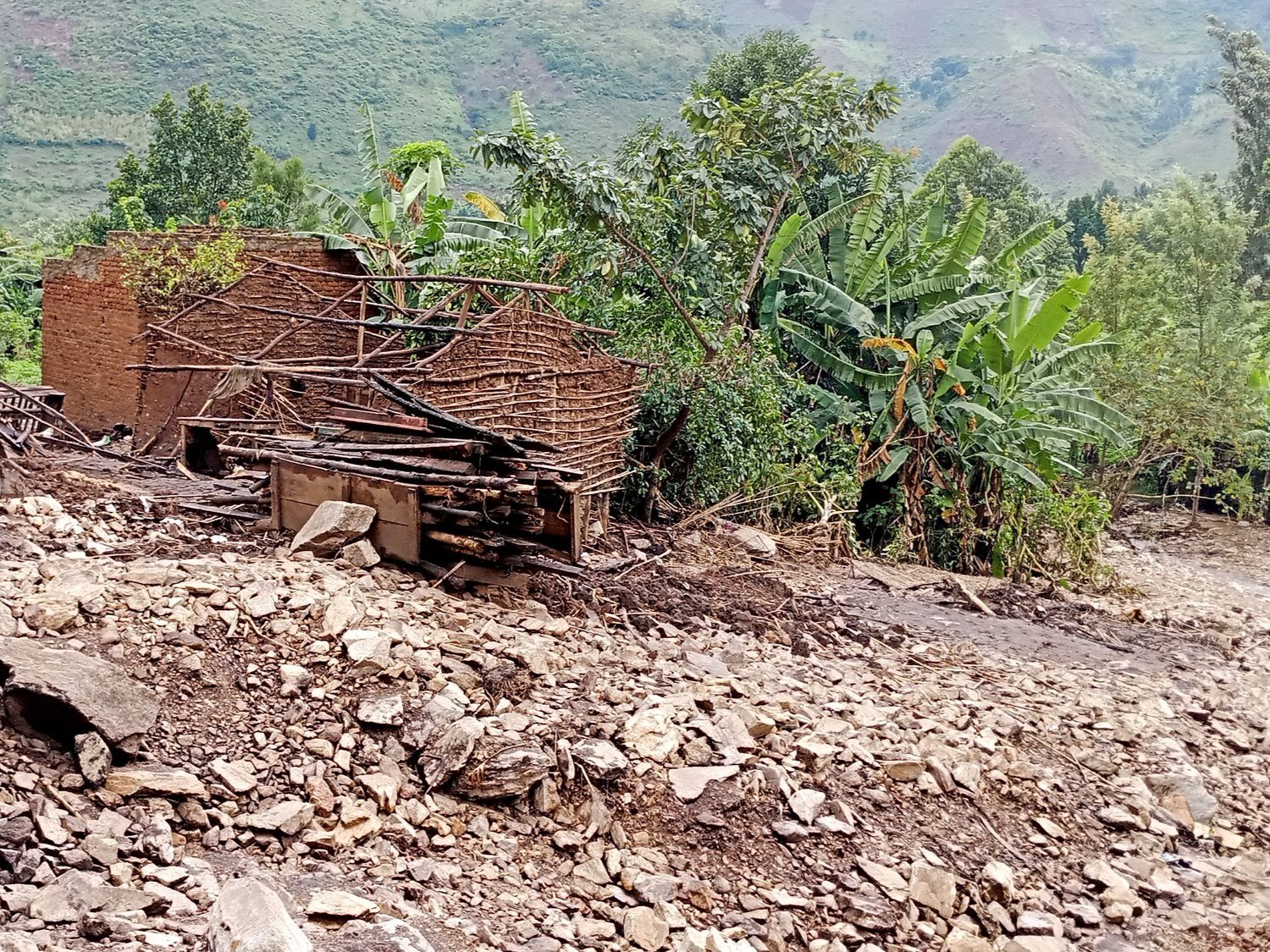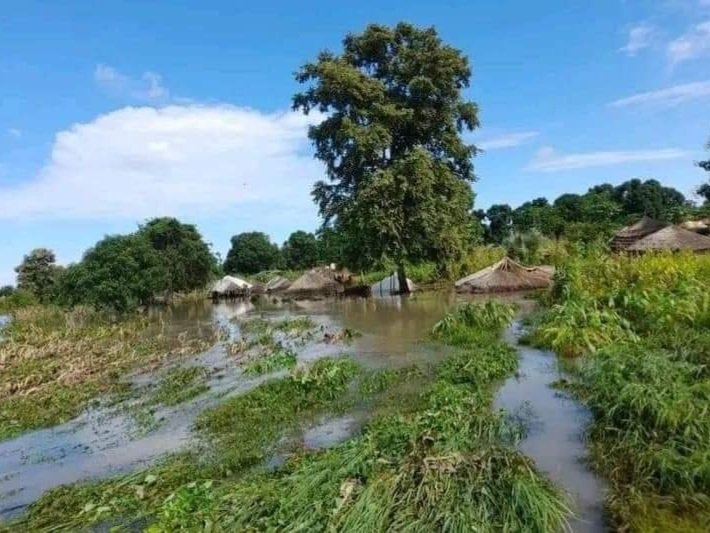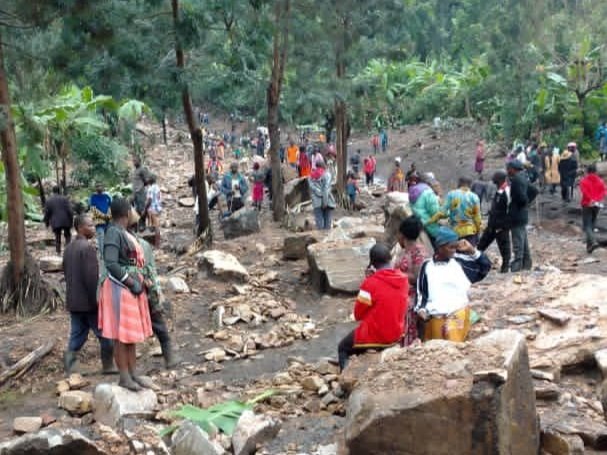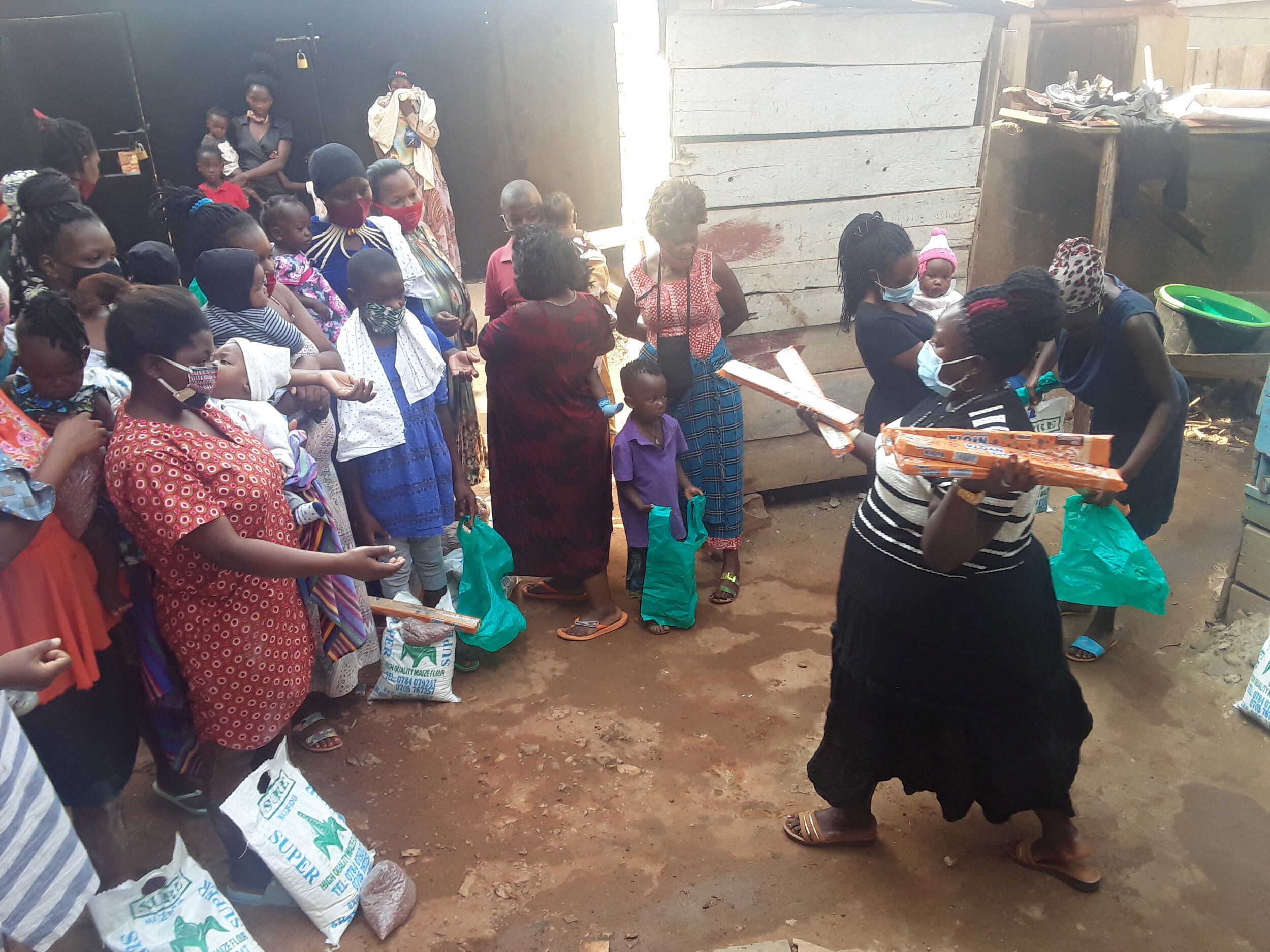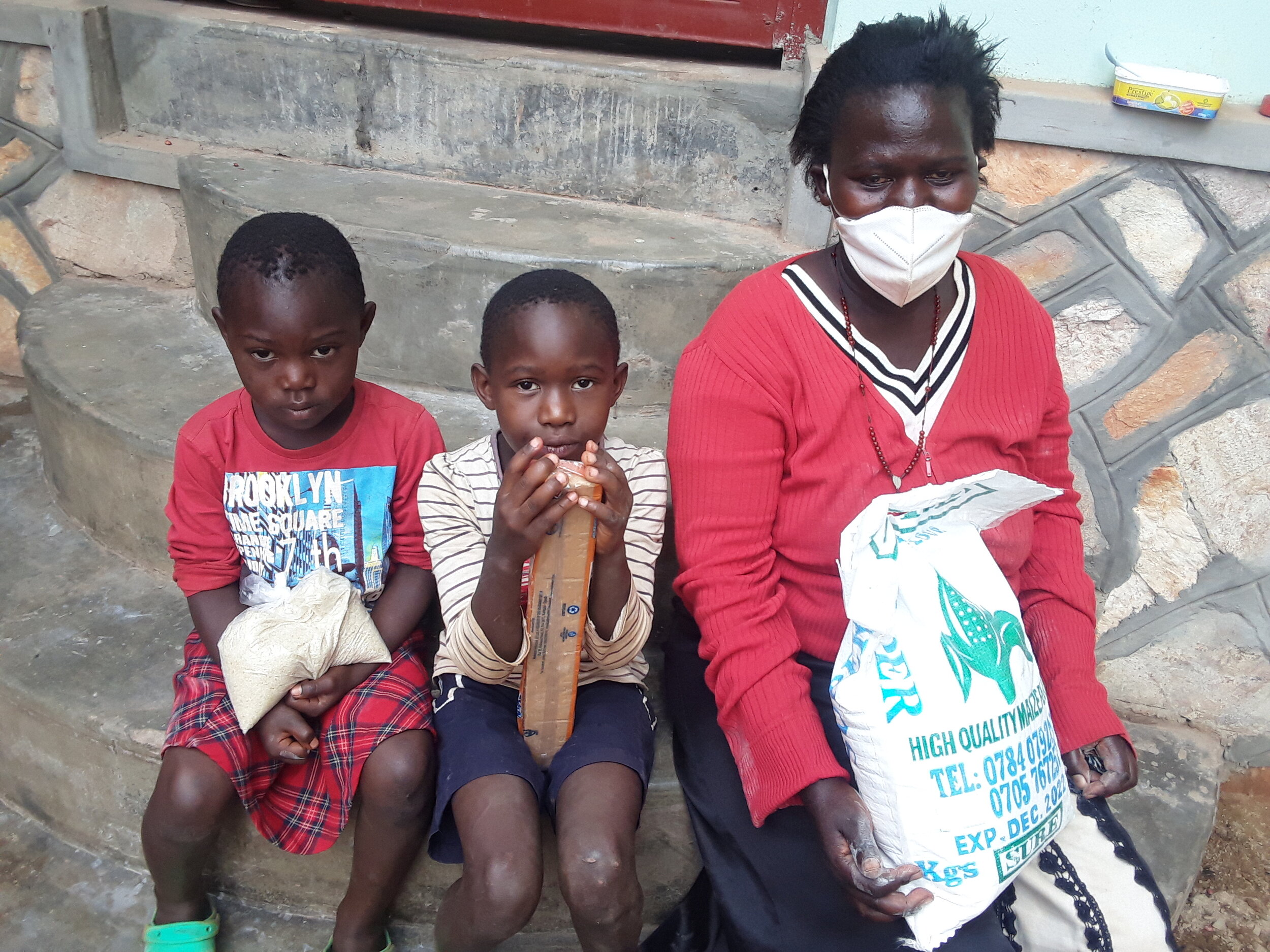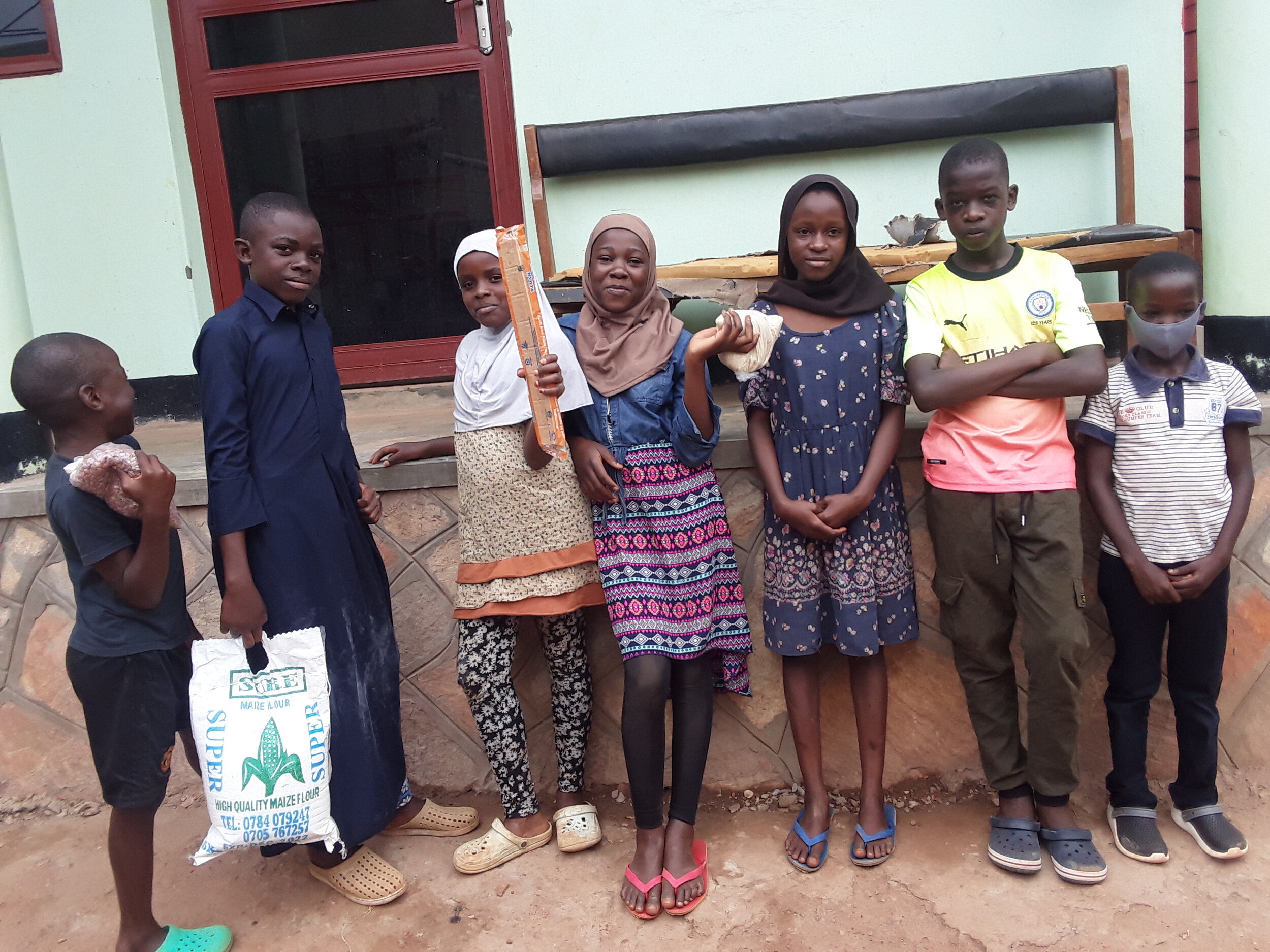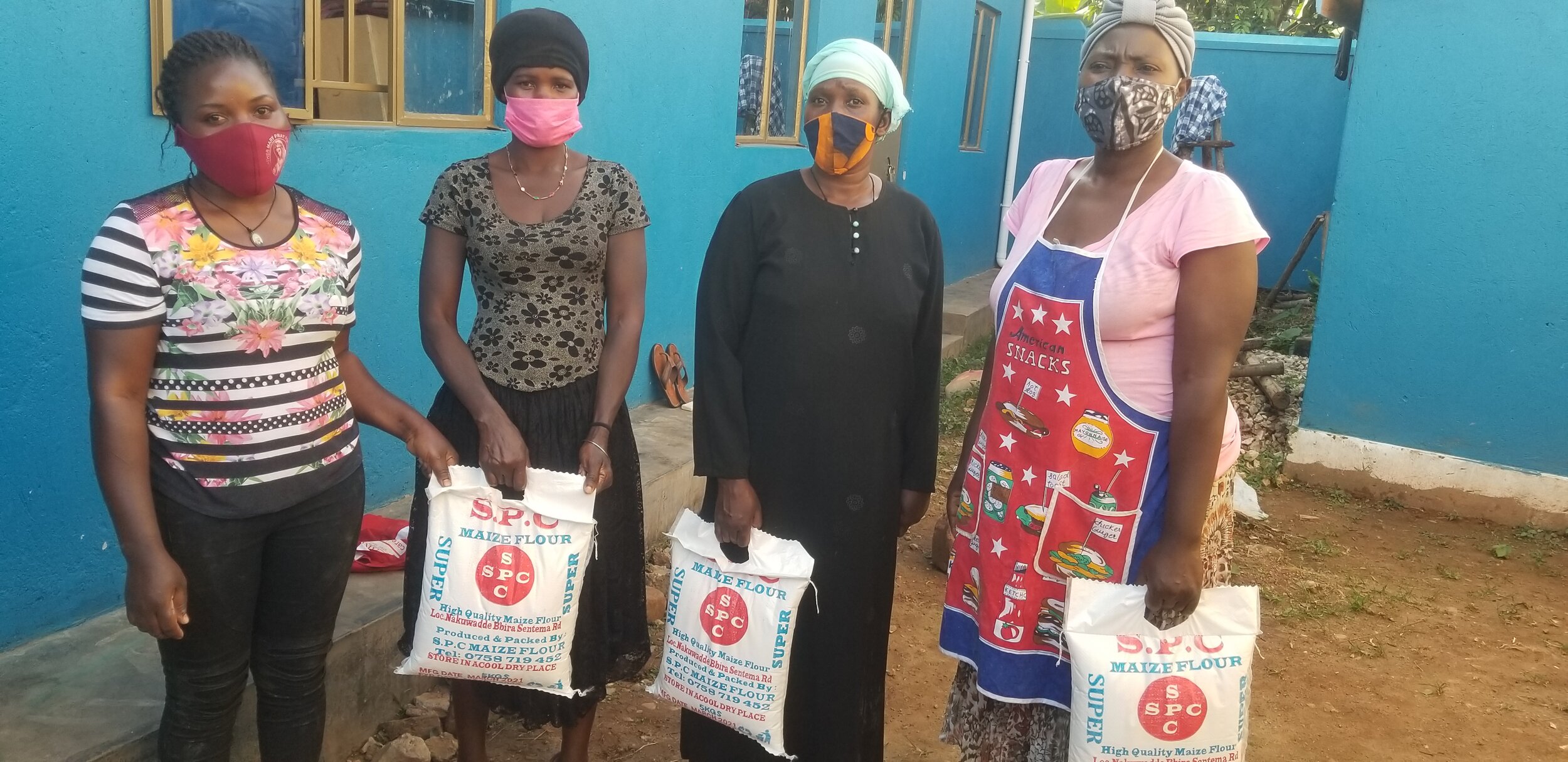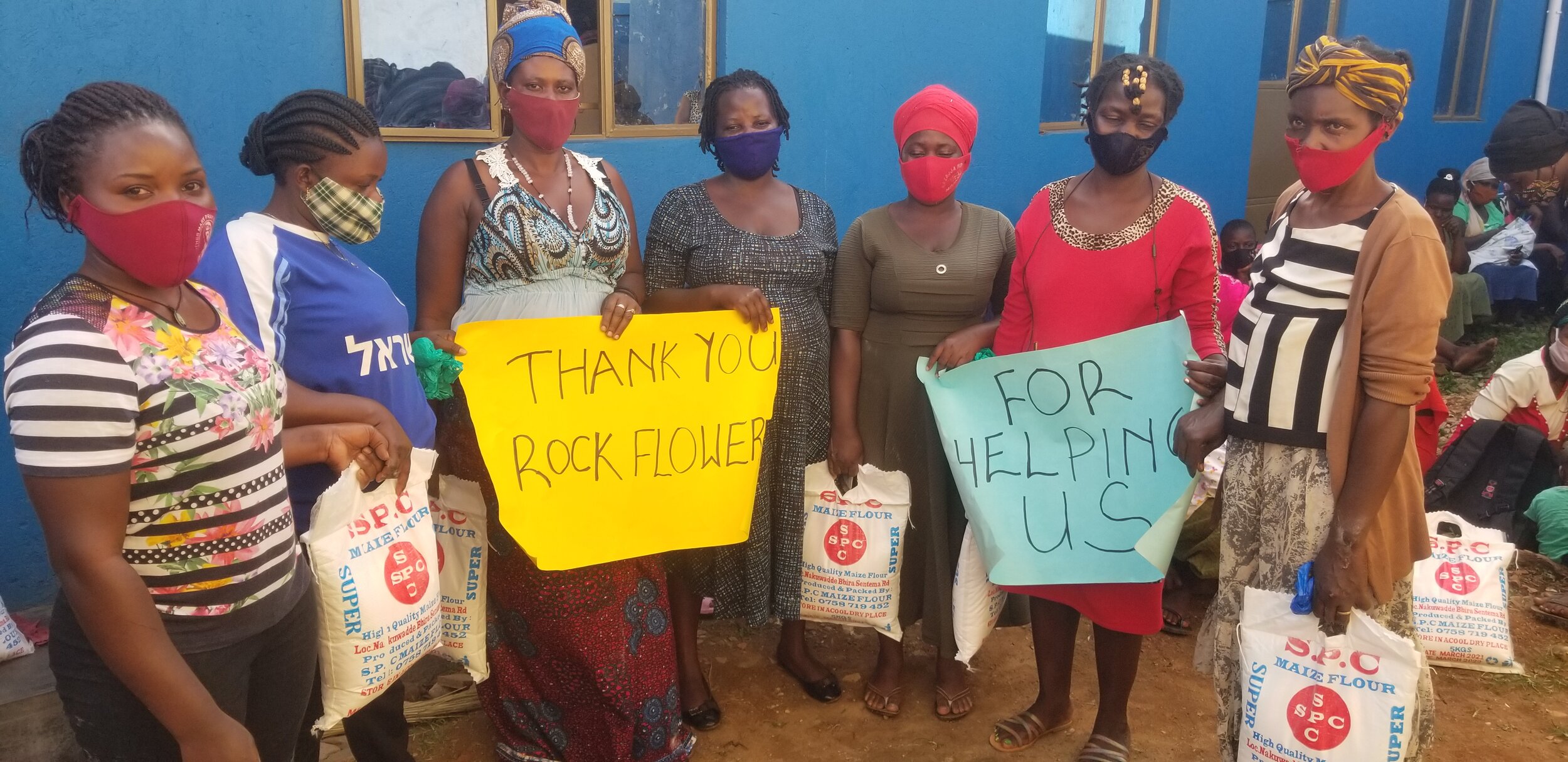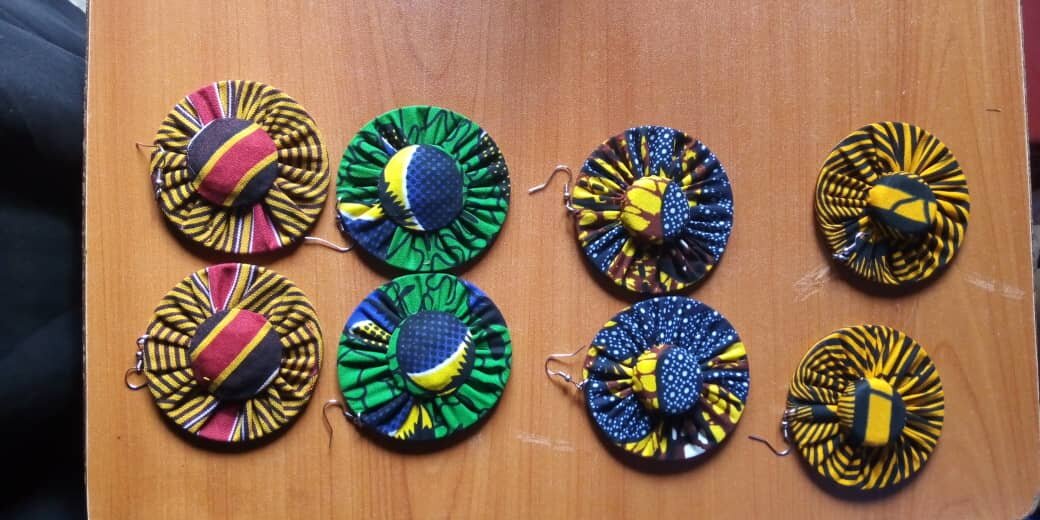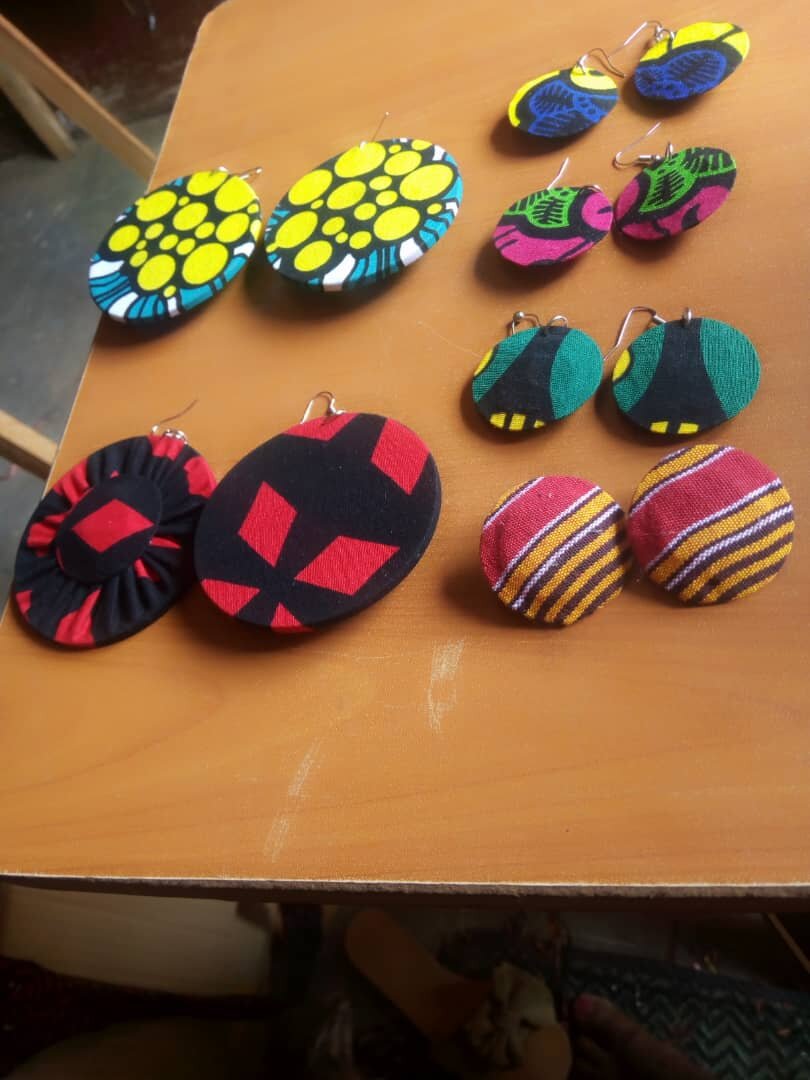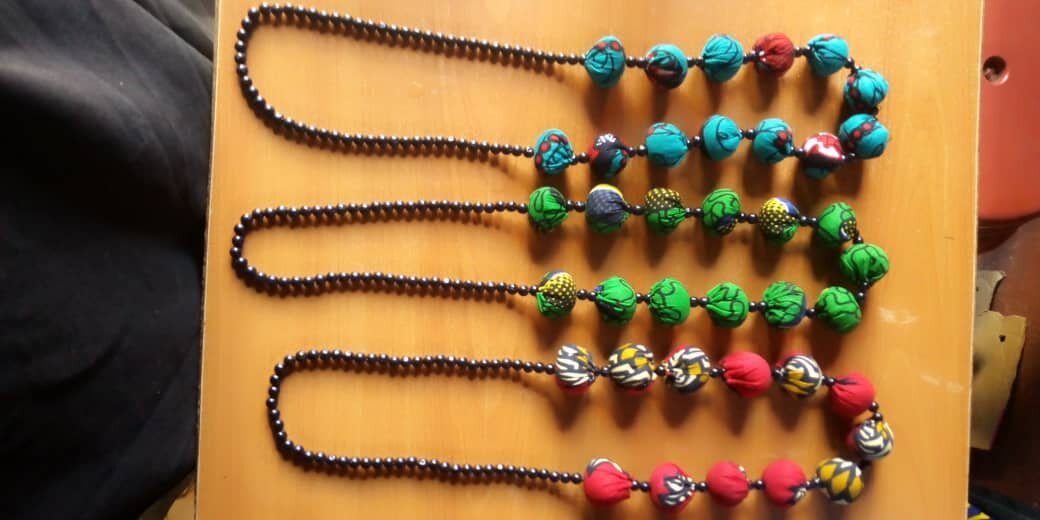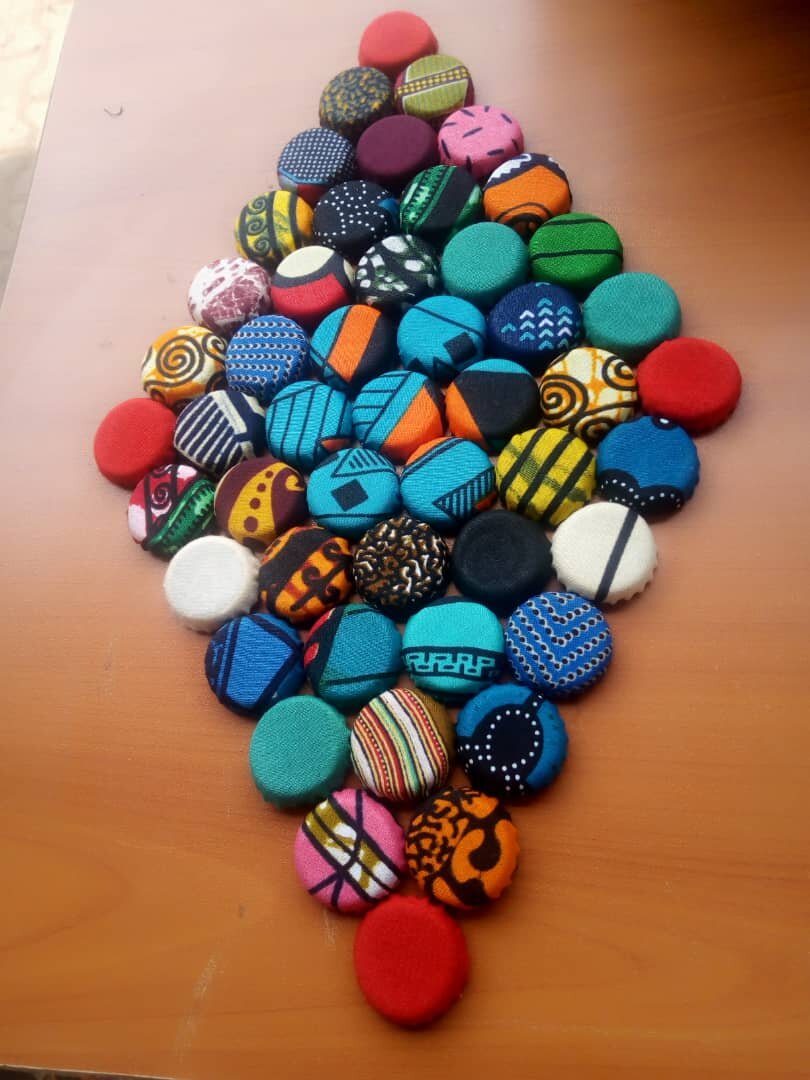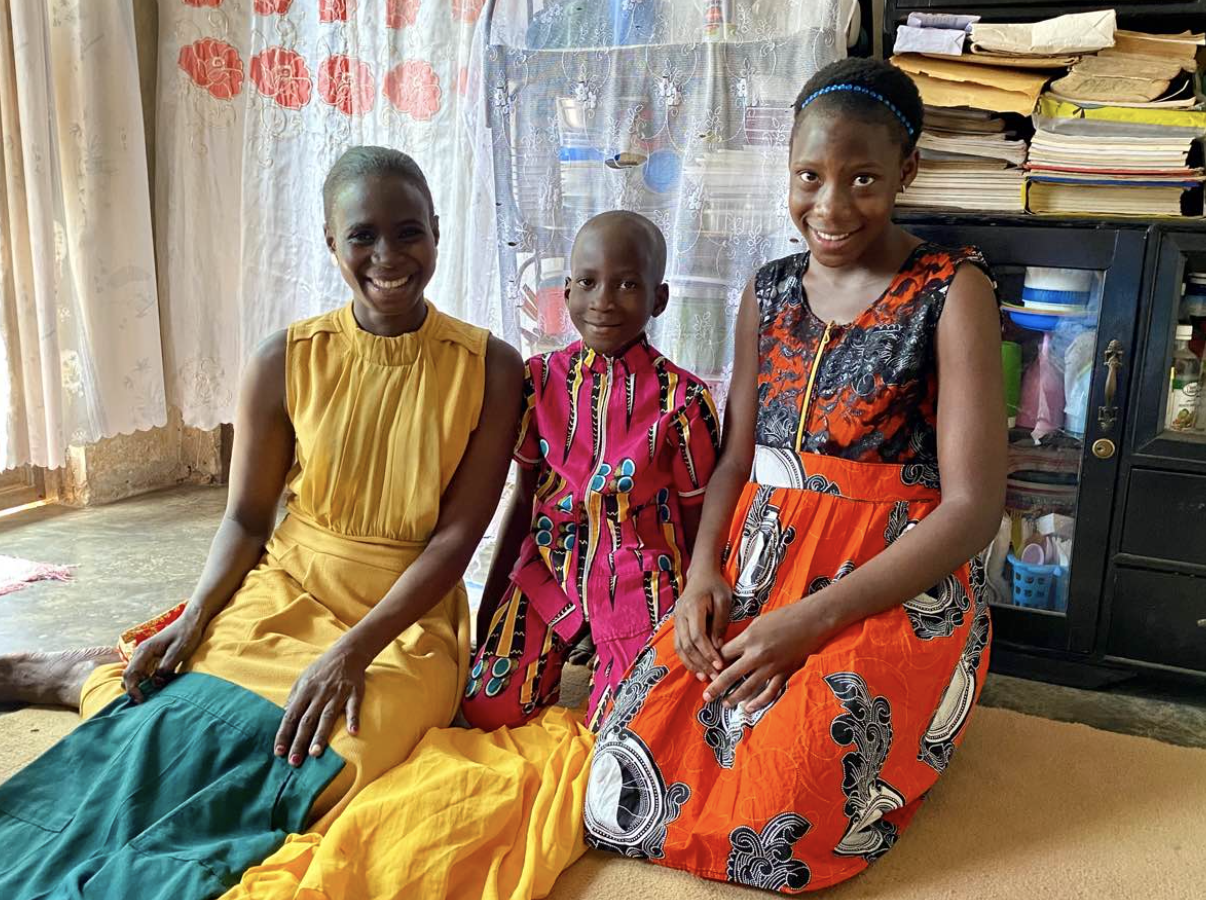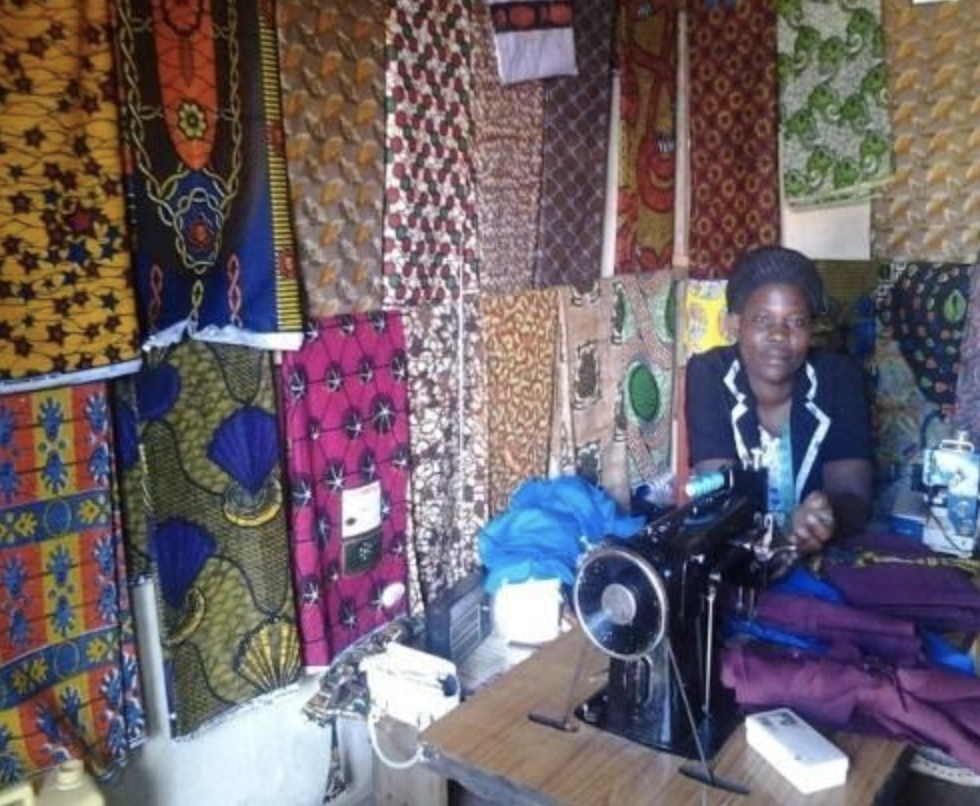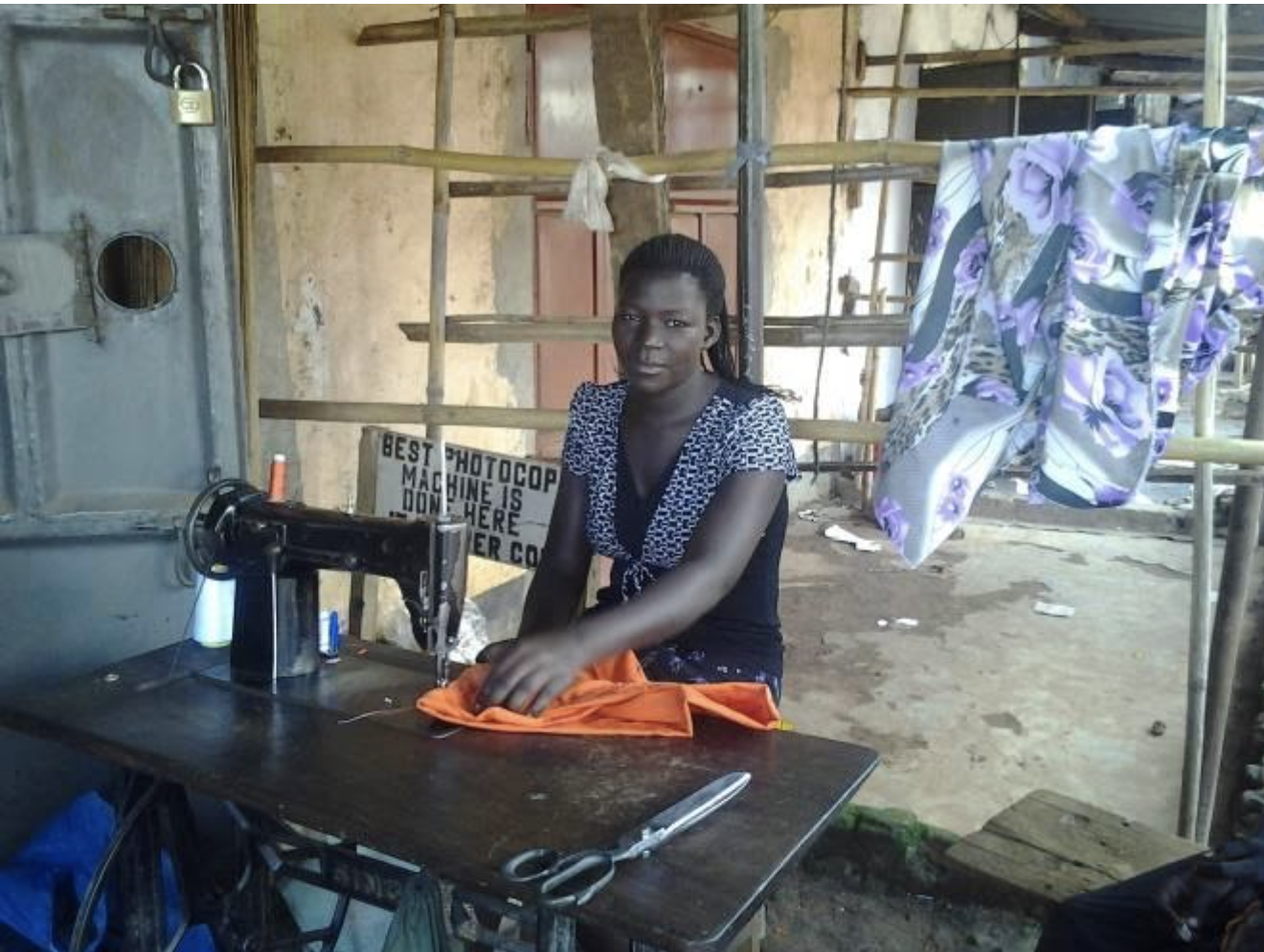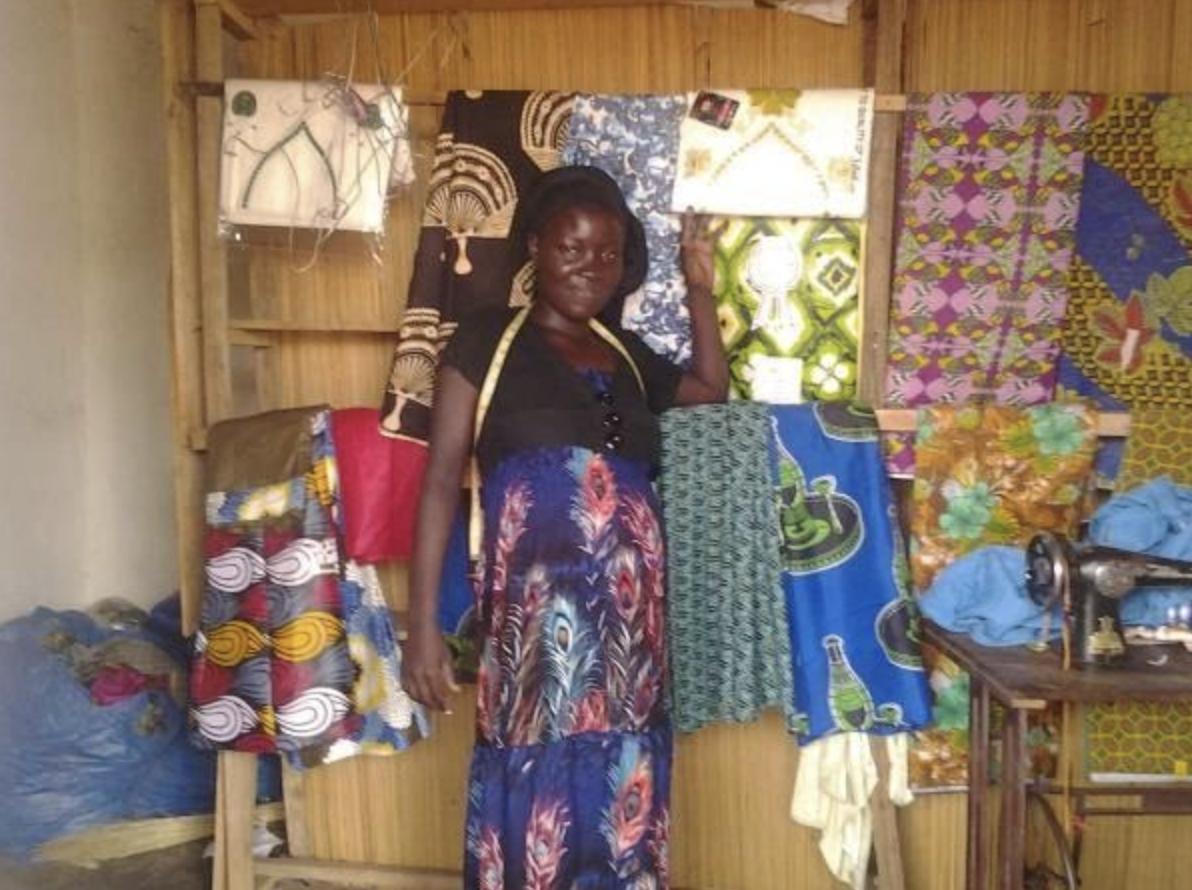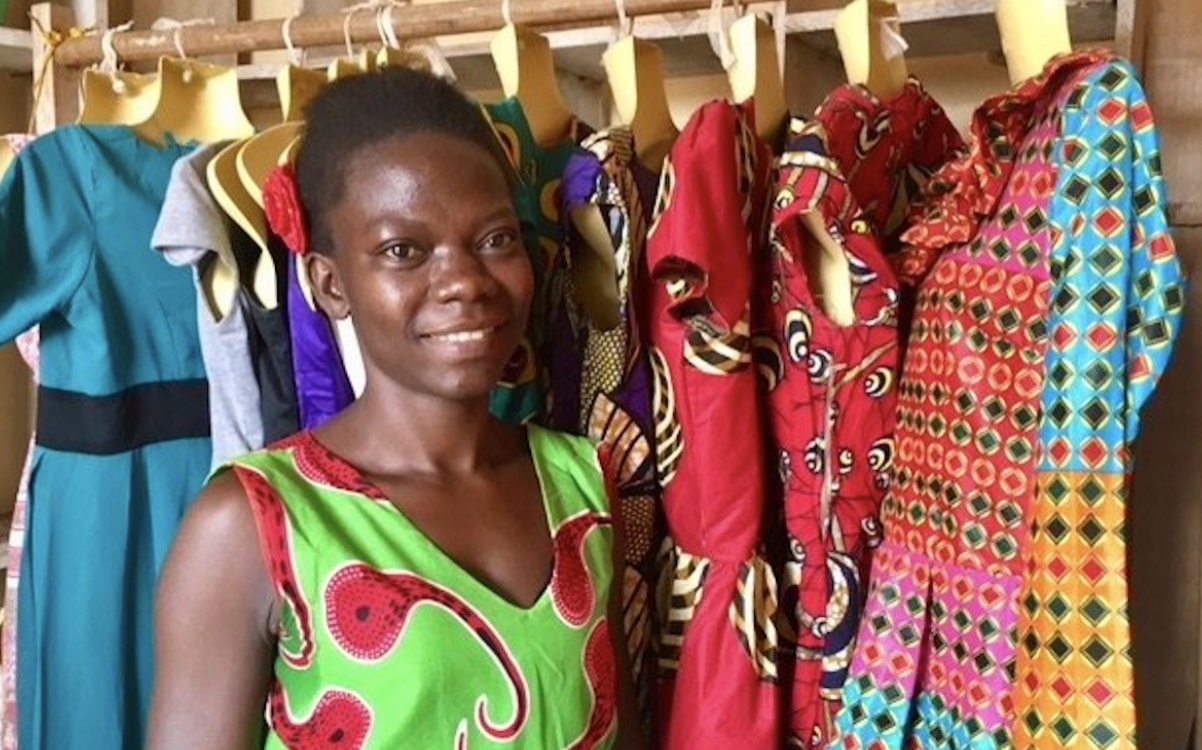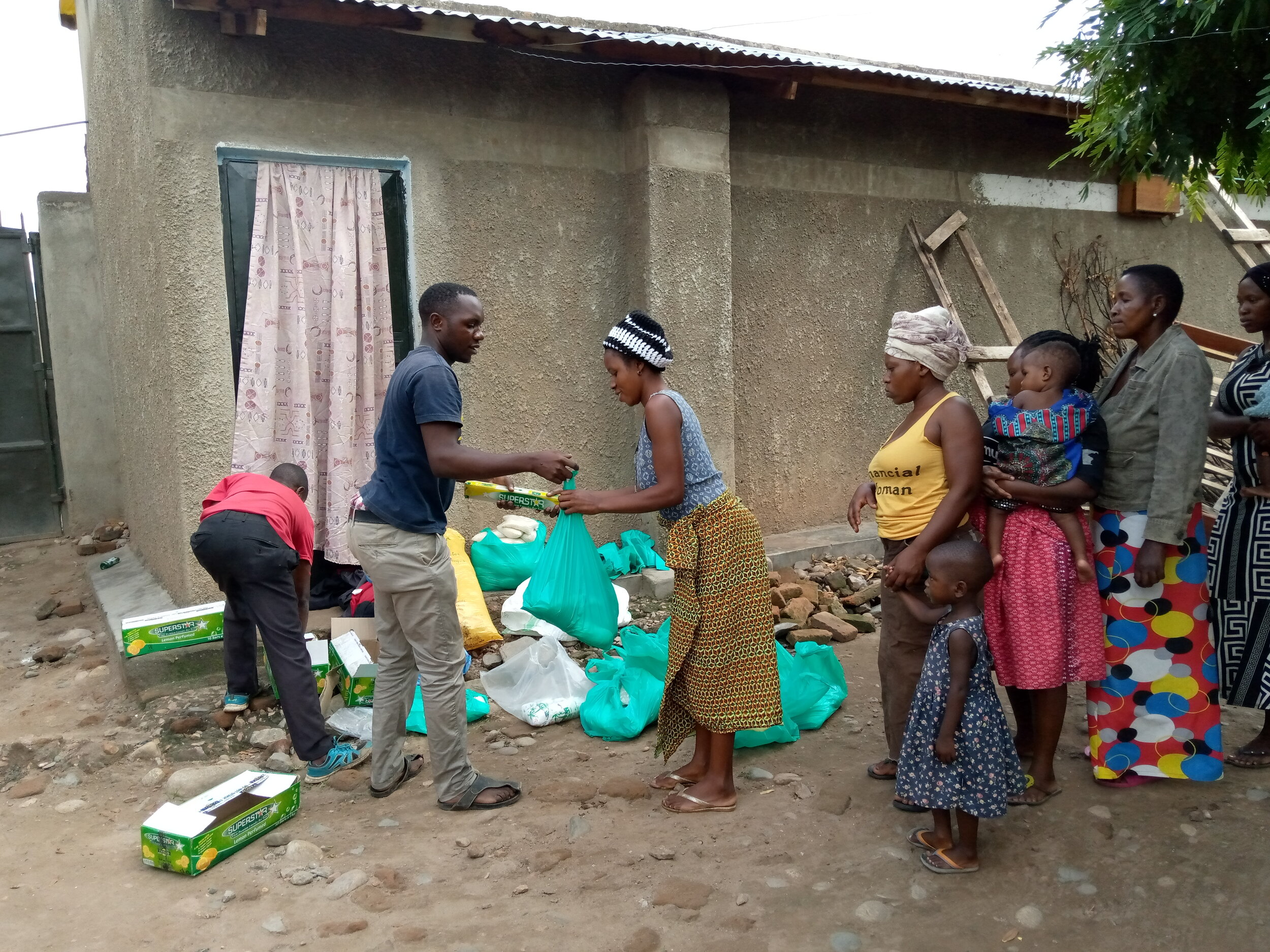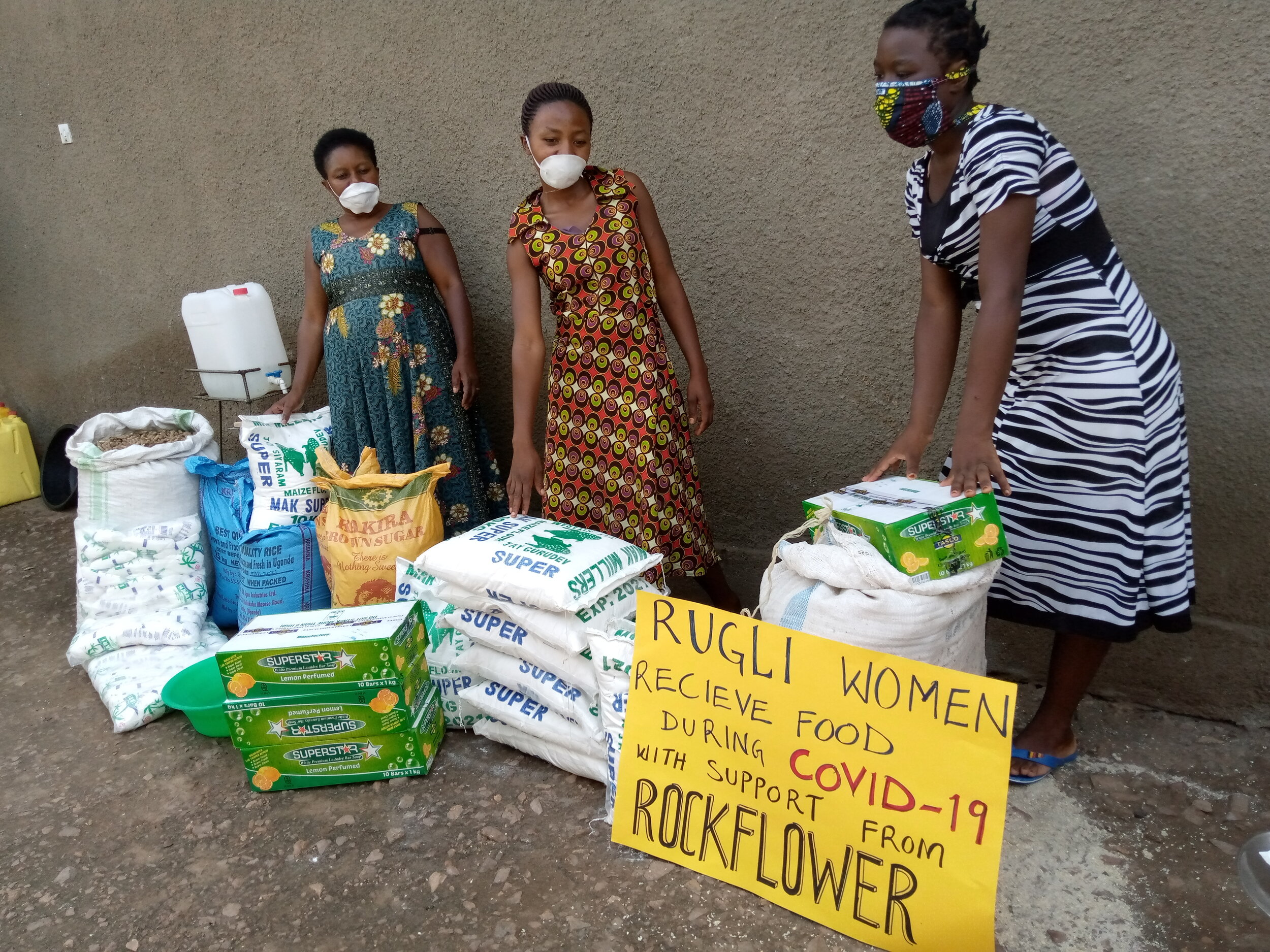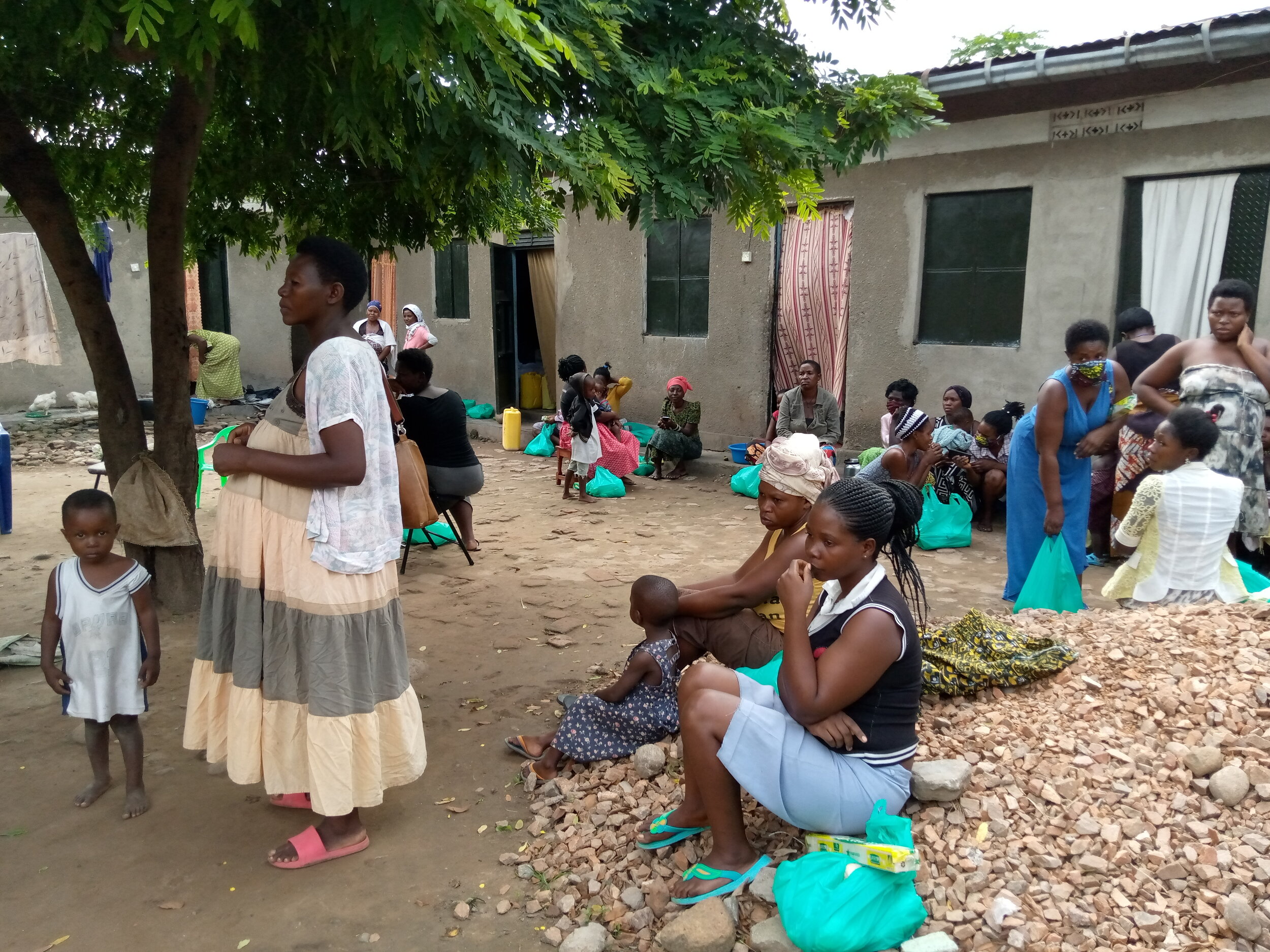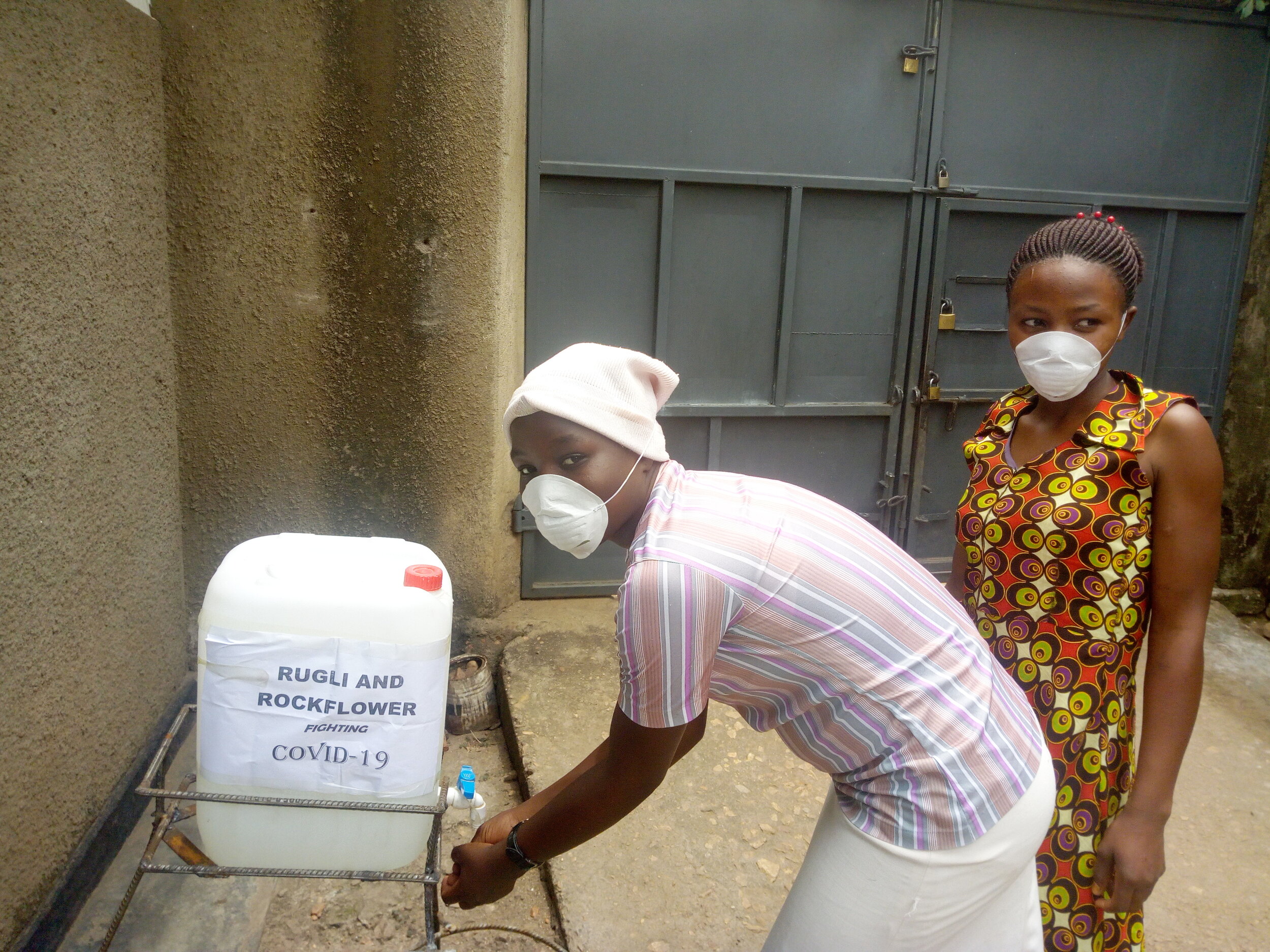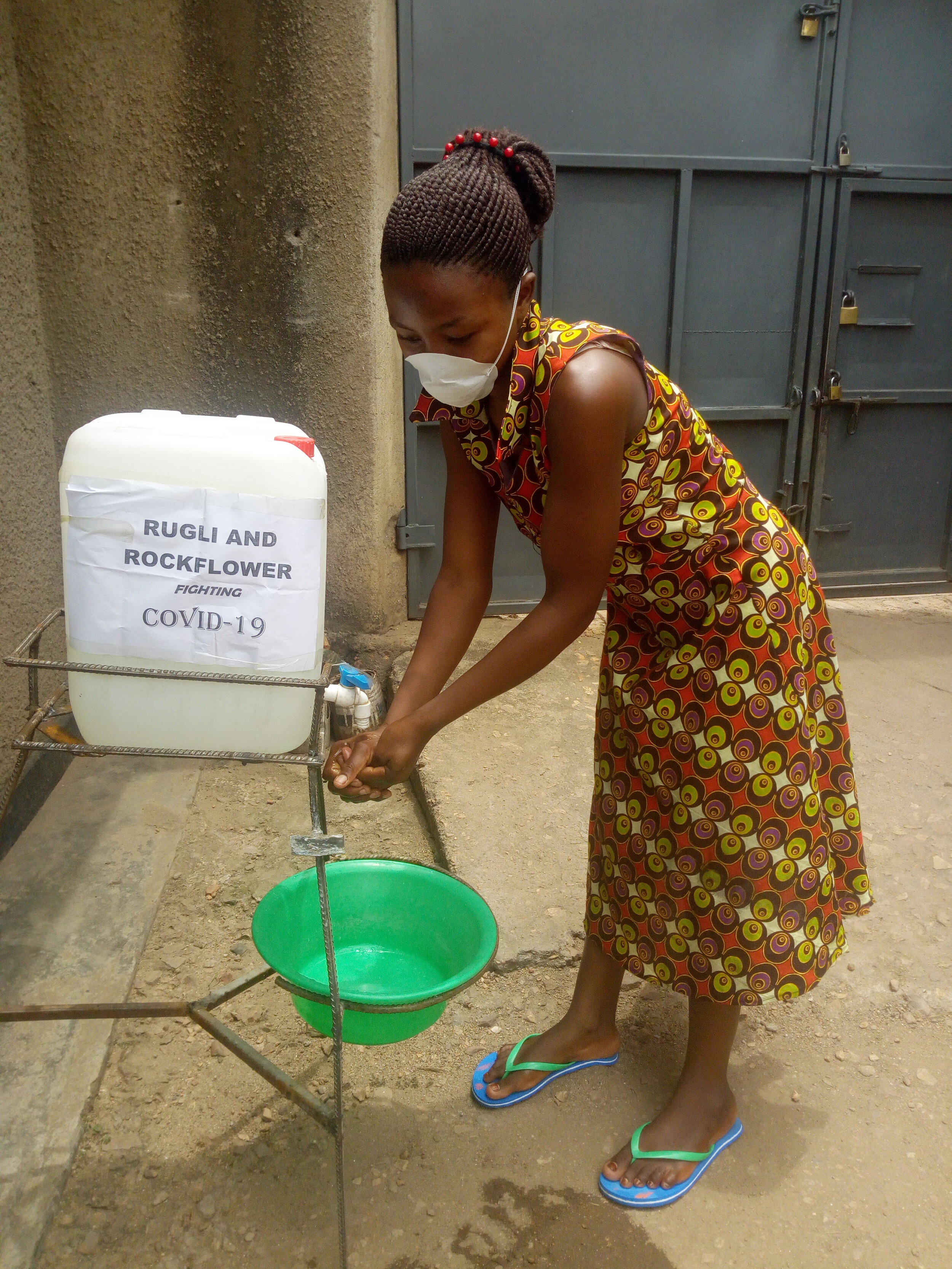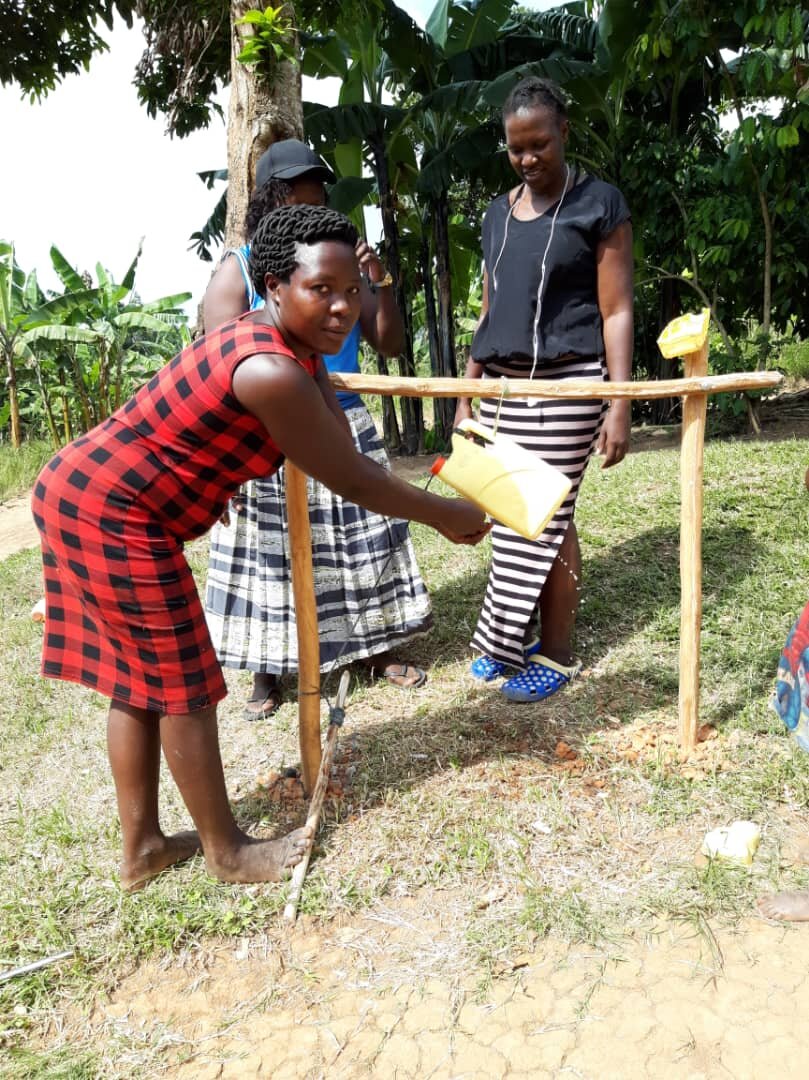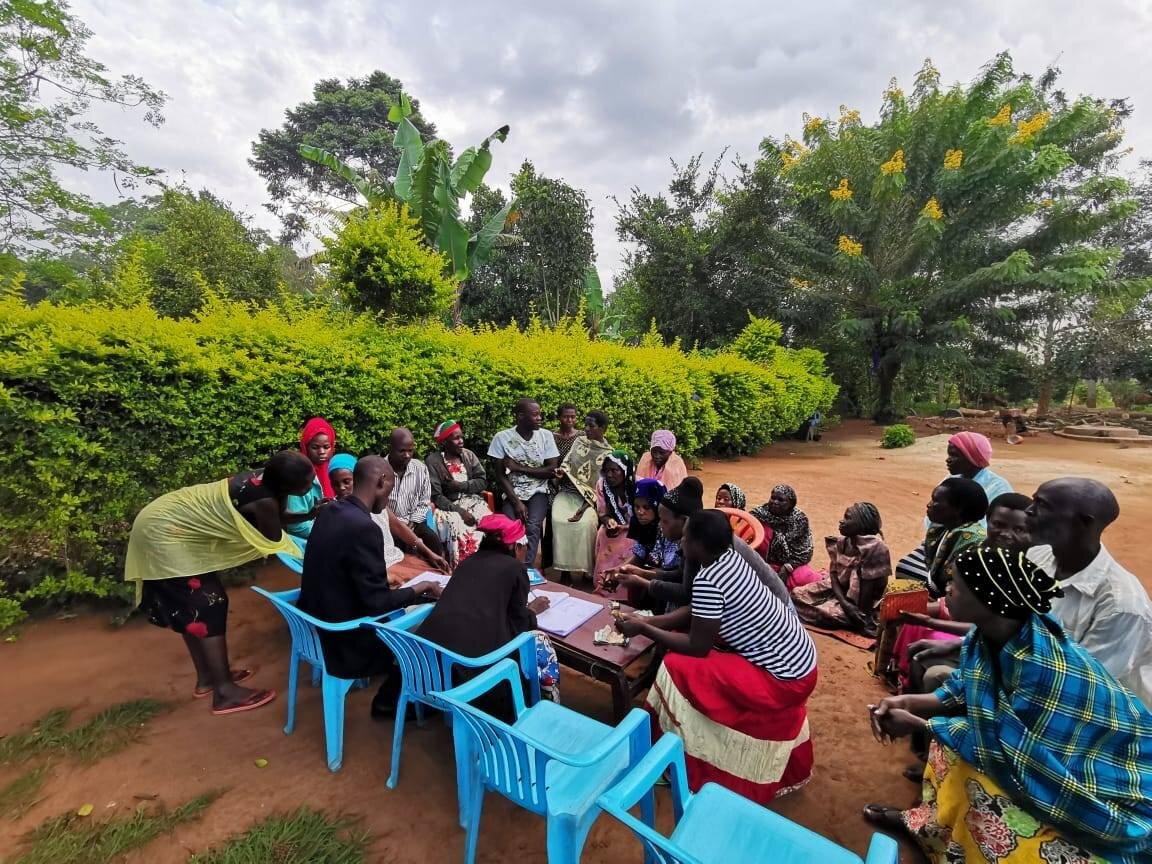Rockflower is pleased to share the latest developments from our partnership with the Rwenzori United Group for Life Improvement (RUGLI) in Kasese, Uganda. The Goat Project, initiated as a sustainable avenue for economic empowerment, continues to bring significant improvements to the lives of local women, particularly single mothers facing tough living conditions.
The project, which started with the aim of reducing household expenses and improving food accessibility, has seen remarkable success. Beneficiaries like Josephine have reported a transformative impact, now able to afford three meals a day thanks to the integration of kitchen gardens and the introduction of goat milk into their daily lives. This initiative not only offers nourishment but also stability, as Josephine diligently maintains her garden to maximize its benefits.
The goat farming venture has grown in popularity across Kasese, with an increasing demand for both goat milk and meat. This surge has led to a lucrative market, especially during festival seasons, allowing the women beneficiaries to generate an increase in income. The profits have been essential in covering basic needs such as clean water, healthcare, and education for their children.
One of the most encouraging stories comes from Masika Edinah, who now lives with her grandmother and supports three children. The project provided her with a female goat, which has since birthed offspring, providing a continuous source of milk and additional income through the sale of goats' milk.
The initiative has also focused on enhancing agricultural productivity. Beneficiaries like Kabugho Janett have utilized goat waste as manure, boosting crop yields in their personal gardens and further augmenting their income through the sale of produce.
RUGLI has successfully established itself as a recognized entity in commercial goat farming within the district. Their expertise is now sought after in local training programs, enhancing the project's reputation and expanding its influence. Additionally, the construction of a three-lane house for the goats has optimized their living conditions, contributing to the overall health and productivity of the livestock.
As the project continues to evolve, RUGLI is committed to ensuring sustainability by distributing offspring to new beneficiaries, thus expanding the project's impact. Currently, 45 additional women are anticipated to receive goats by the end of the month, a step towards fulfilling the promise of empowerment and self-reliance.
Rockflower intends to continue to support this transformative project by encouraging supporters to see the widespread benefits of uplifting individual women and their families but also strengthening the community by integrating sustainable farming practices with economic empowerment. As we look forward, RUGLI's commitment to improving rural livelihoods through innovative agricultural strategies remains a beacon of hope and a model for community-led development.
Join us in supporting the ongoing success of the Goat Project and the remarkable women of RUGLI.



